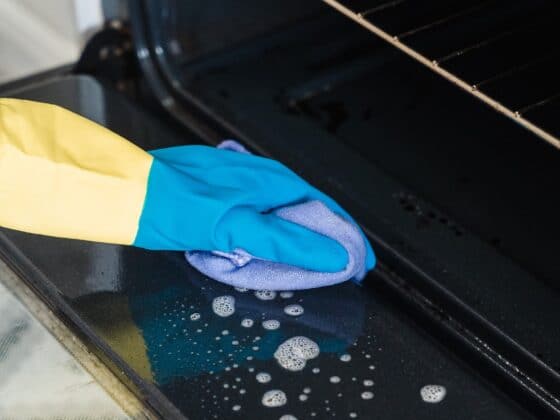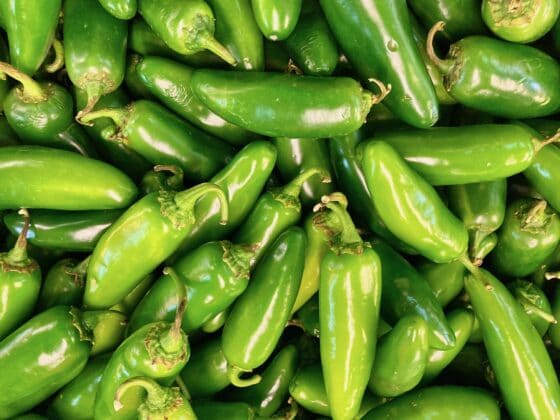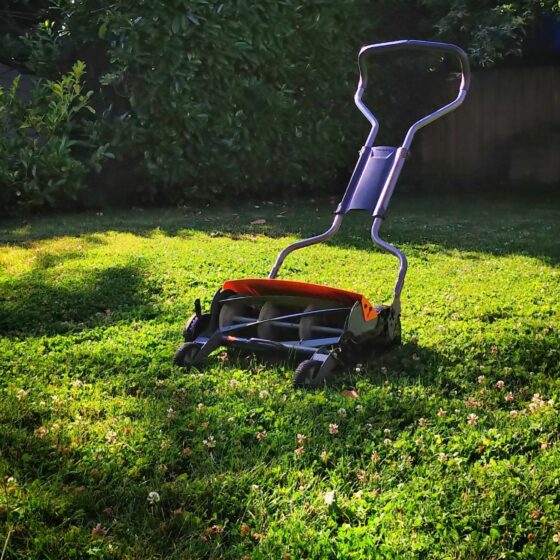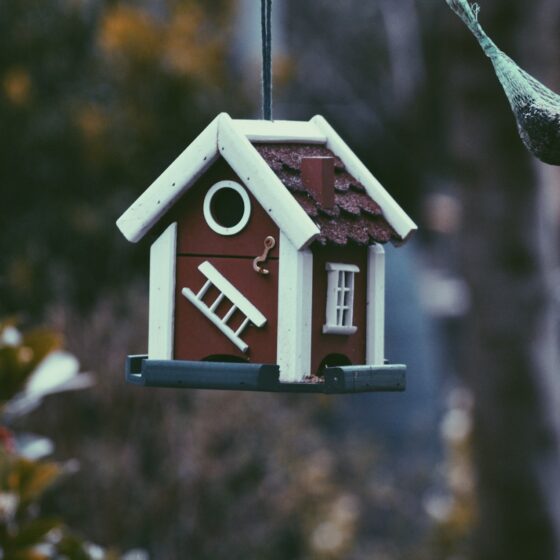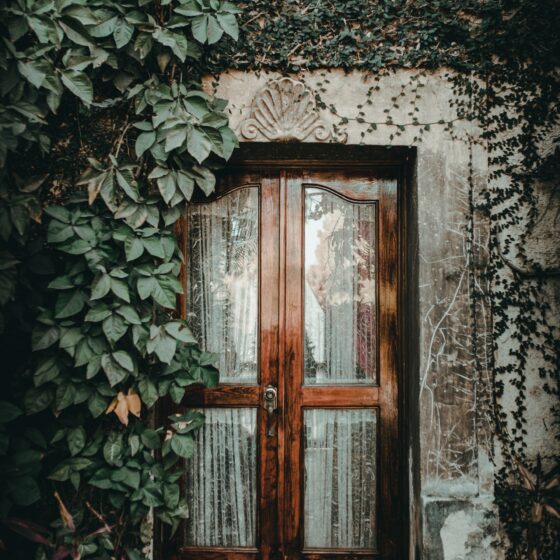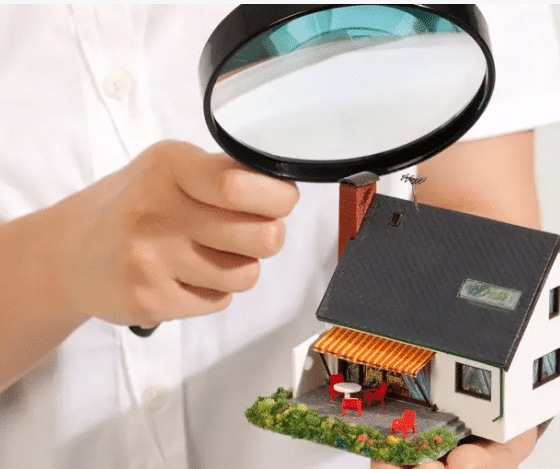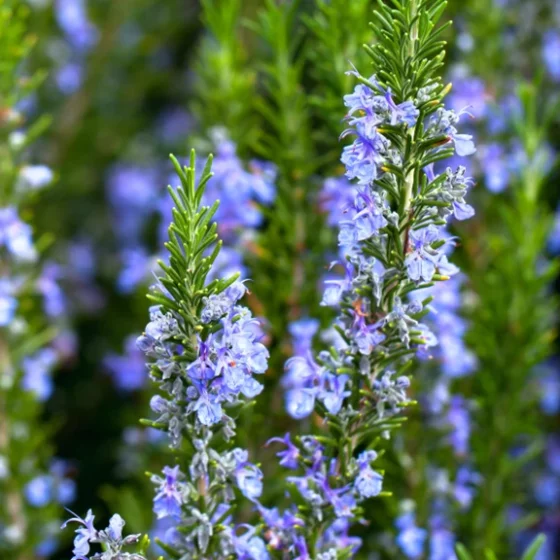Potatoes are a popular vegetable that you can enjoy in many different ways. In addition to being delicious, potatoes are also healthy and nutritious. No wonder they are a staple in many gardens.
Therefore, we’ll discuss the best potato companion plants for a healthy and productive garden. These companion plants will help protect your potatoes from pests and diseases, and will also help them grow bigger and healthier!
Good Companion Plants for Potatoes
Companion plants are simply plants that are grown together in close proximity. They can provide benefits to each other, such as protection from pests and diseases, improved nutrient uptake, and increased yields. When it comes to potatoes, there are a few different companion plants that can be beneficial.
Corn
Corn is a great companion plant for potatoes. It helps to shade the potatoes and keep the soil moist, both of which are important for potato growth. Overall, growing these two plants together is a great way to maximize your garden space and produce a bountiful harvest.
Legumes
Legumes help to enrich the soil with nitrogen, which is an important nutrient for potatoes. Additionally, legumes help to suppress weeds, which can compete with potatoes for nutrients and water. Peas and beans can also provide some shade for potatoes, keeping the soil moist. Therefore, planting potatoes and legumes together can help you ensure a bountiful potato harvest.
Alliums
The members of the Allium family such as onions, garlic, leeks, scallions, and chives are all great choices for companion planting with potatoes. They help to repel aphids, potato beetles, and other pests, while their flowers attract beneficial insects that help protect the potato crop.
They also improve the flavor of potatoes when they are grown together. If you’d like to give chives a go, check out our guide on how to grow this delicious herb.
Brassicas
Plants from the brassica family are often recommended as good potato companions since they have shallow roots. Therefore, by growing cabbage, Brussels sprouts, or kale next to the potatoes, you can maximize space in your garden.
They’ll also keep the soil moist and improve the flavor of potatoes. In addition, the brassica plants can help to deter potato beetles and other common pests of potatoes.
Horseradish is another member of the brassica family that is particularly beneficial to potatoes. In addition to deterring pests, it also contains compounds that can help to boost the disease resistance of potato plants. Therefore, when planted near potatoes, horseradish can help to keep the potato plants healthy and productive.
Lettuce
Lettuce helps keep the soil moist and cool, which is ideal for potato growth. Additionally, lettuce provides a natural mulch that helps reduce weeds and conserve water. These two crops can provide a bountiful harvest, so you should definitely consider planting lettuce in your garden.
Flax
Flax has a number of benefits that make it an ideal companion for potatoes. For example, flax is known to improve the yield of potatoes when the two crops are grown together. In addition, flax can help to protect potatoes from Colorado potato beetles, which can often be a problem in potato fields. Finally, flax is known to improve the flavor of potatoes.
Petunias
Petunias are a popular choice for companion plants in potato gardens because they are easy to grow and care for. They also provide a splash of color in the garden, which can help to brighten up a dull space.
Petunias are known to attract hummingbirds and butterflies, so they can also help to add some extra life to your garden. Additionally, petunias are known to help deter pests like aphids, whiteflies, and leafhoppers. So if you’re looking for a low-maintenance plant that will also help to keep your potato plants healthy, consider adding some petunias to your garden.
Nasturtiums
When it comes to choosing plants to grow alongside your potatoes, nasturtiums make a great option. These beautiful flowers not only add a splash of color to your garden but they also help repel pests.
In fact, they attract aphids and other insects, so you should plant them a short distance away from the potatoes. This way, they’ll keep pests away from your precious vegetables.
Marigolds
Marigolds release a chemical called limonene that repels pests such as nematodes, whiteflies, aphids, and potato beetles. This can help reduce the number of pests that attack potato plants and improve the health of the plants overall. Marigolds also attract beneficial insects such as ladybugs and parasitic wasps, which help to control pests naturally.
Alyssum
Alyssum is a great companion plant for potatoes. It’s often planted as a ground cover around potatoes in order to keep the soil moist. In addition, it prevents weeds from growing, making it easier to grow potatoes in a weed-free environment. Alyssum also attracts beneficial insects such as predatory wasps, which help to control potato pests.
Tansy
Tansy (Tanacetum vulgare) has strong-smelling foliage that deters many pests, including Colorado potato beetles. It also attracts beneficial insects. The plant is easy to grow and can be found in most gardening stores.
Yarrow
Yarrow (Achillea millefolium) is a good plant to grow next to potatoes because it helps to improve drainage and aeration in the soil, reduces compaction, and increases water retention. Additionally, yarrow can help to control pests by attracting beneficial insects. All of these factors can lead to healthier, more productive potato plants.
Chamomile
When planted together, chamomile and potatoes can create a thriving and productive garden. This is because chamomile can help to deter pests and improve the flavor of potatoes. Additionally, chamomile can help to attract beneficial insects such as predatory wasps and hoverflies.
Basil
Basil is an excellent choice for your potato garden because it can help to repel pests such as flies, thrips, and hornworms. What’s more, you can use it many recipes to improve the flavor of potatoes.
Herbs
Many herbs are known to attract beneficial insects such as hoverflies and ladybugs, which can help keep pests away from your potato plants. So here’s a list of herbs that can help to keep the potato plants healthy and free from pests:
- Borage
- Cilantro
- Parsley
- Mint
- Thyme
Bad Companion Plants for Potatoes
Fruit Trees
Fruit trees such as apple, peach, and cherry can attract blight, a disease that can harm the potato crop. They can also compete with potatoes for water and nutrients, making it difficult for the potatoes to thrive. Therefore, it’s best to plant these crops in separate areas of the garden.
Raspberries
You shouldn’t plant raspberries near potatoes for the same reason. Namely, raspberries are known to harbor potato blight, which can easily spread to nearby potato plants and cause them to become diseased.
Cucurbits
The members of the cucurbit family such as cucumbers, squash, and pumpkins need the same nutrients as potatoes and require a lot of water. Therefore, they’ll compete with potatoes. Additionally, they harbor diseases that potatoes are susceptible to, such as blight. For these reasons, it’s best to avoid planting cucumbers and other cucurbits near potatoes.
Nightshade Plants
The vegetables from the nightshade family, including eggplants, tomatoes, and peppers, are bad companion plants for your potato garden because they compete for nutrients and water. Therefore, they can stunt the growth of potato plants and reduce their yield.
Since potatoes also belong to the nightshade family, all these vegetables are susceptible to the same pests and diseases. As a result, eggplants and other nightshade plants can spread disease to potatoes if they are grown close together.
Asparagus
Asparagus has a large root system, which can compete with potato plants and stunt their growth. Thus, it’s best to avoid planting asparagus and potatoes together in the garden.
Root Vegetables
Root vegetables such as carrots tend to compete with potatoes for nutrients, water, and space. Therefore, you should avoid planting root vegetables near potatoes. On the other hand, if you’d like to plant carrots, you can check out our guide on good companions for carrots.
Sunflowers
Sunflowers produce certain chemicals that can inhibit the growth of potato plants. Therefore, you shouldn’t plant them near your potatoes.
Fennel
Fennel is not a good option for your potato garden because it can stunt the growth of potatoes. Therefore, you should avoid planting fennel near potato plants.
Conclusion
Companion planting with potatoes is a great way to keep pests away and improve yields. By using plants that deter pests or provide nutrients, you can help your potato plants grow strong and healthy. We hope our guide on what to plant with potatoes will help you have an abundant harvest this season!
FAQ
Can I plant zucchini next to potatoes?
No, you shouldn’t plant zucchini near potatoes because they’ll compete for nutrients and water. In addition, zucchini plants are susceptible to the same diseases and pests as potatoes.
Can you plant different varieties of potatoes together?
Yes, you can! In fact, planting different potato varieties together is a great way to ensure a healthy and productive potato crop. While different potato varieties have different strengths and weaknesses, they should get along fine.
Can you plant potatoes next to tomatoes?
No, potato and tomato plants are not compatible. Both potatoes and tomatoes belong to the nightshade family. That’s why these plants share some common pests and diseases, which can spread between them if they’re planted too close together.
Are peppers and potatoes companion plants?
No, you shouldn’t plant peppers next to potatoes because they are both in the Solanaceae family. This means they are susceptible to the same diseases and pests. Also, they’ll compete for the same nutrients.
What grows well with potatoes?
There are a few potato companion plants that do well with this versatile vegetable. Some of these include beans, corn, peas, leeks, lettuce, flax, basil, marigolds, and alyssum. For a more comprehensive list, check out our article above.


